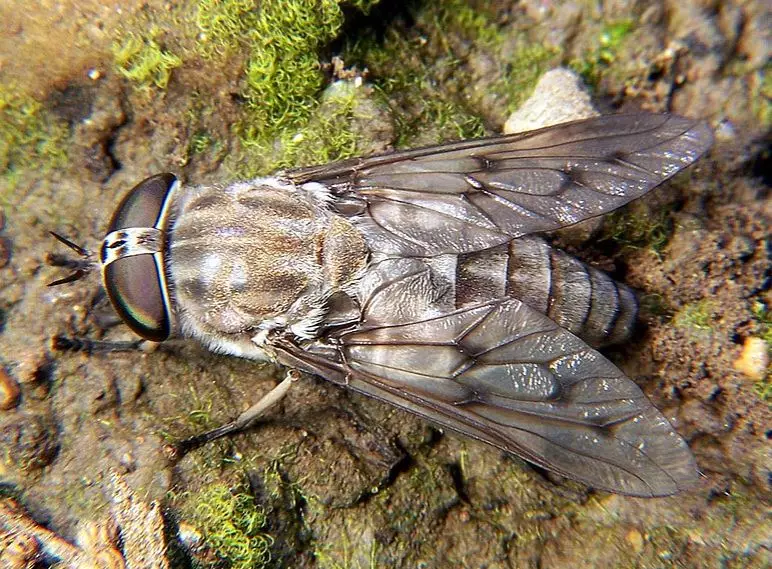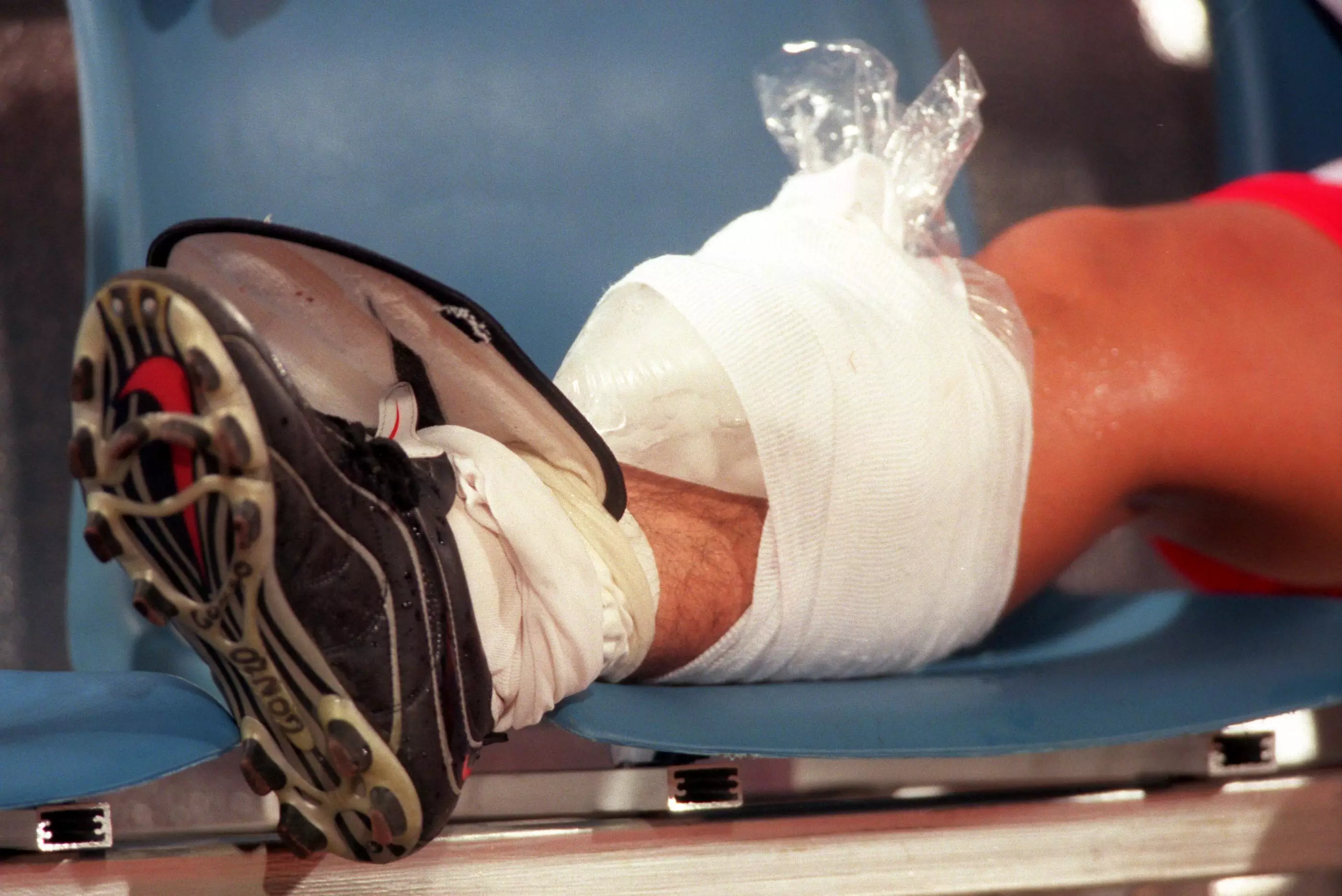
It's been a wet and humid British summer so far - which has brought the return of horseflies to our shores.
The rather nasty bloodsucking insects are usually found near to cattle, horse stables, woodlands and any area near water.
Despite the name, the dark-coloured flies plague more than horses and happily feast on the blood of any large mammal, including humans.
The insects, which are around 1 to 2.5cm in size, are known for their razor-sharp jaws, which can cause a very painful bite.

Only females bite because of their need blood to produce eggs, and when they do, they slice open the skin rather than piercing it and release an anti-coagulant to stop the blood clotting while they eat.
Advert
The wound the flies inflict takes much longer than a midge bite to heal, leaving it more prone to infection, which can lead to painful sores weeping with pus and even possible cellulitis.

In general, the bites develop into large, itchy, red, swollen bumps within minutes and while for the most part they're harmless some have reported feeling hot, weak and nauseous after being targeted by the flies.
In extraordinary cases, people can suffer an allergic reaction with symptoms including dizziness, difficulty breathing, a blotchy rash and severe swelling that may be visible in your lips or tongue.

Should this happen, the NHS say to seek medical assistance immediately.
Advert
But if you're like most and just experiencing the itchy and sore side effects of being bitten, then it's suggested you use an ice pack to soothe the area.
Doctors also recommend using an over-the-counter steroid cream containing hydrocortisone or Ibuprofen gel.
Medics also say you should avoid scratching the bite to avoid the risk of developing an infection and suggest keeping the area clean with antiseptic soap and warm water.
Featured Image Credit: Pixabay